
Cardiovascular diseases kill more than 50,000 Black women annually.
Heart disease and stroke is the No. 1 killer in women, and stroke disproportionately affects Black women. Importantly, Black women are less likely than Caucasian women to be aware that heart disease is the leading cause of death.
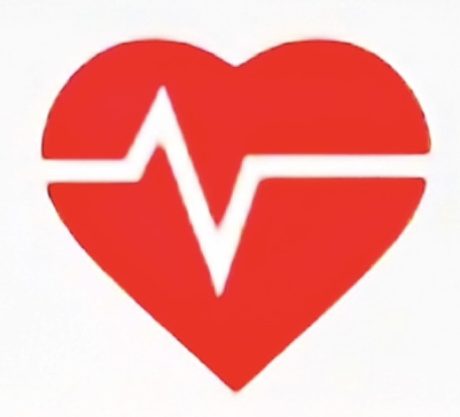
What is Heart Disease?
Heart disease is a general phrase for a variety of conditions that affect the heart’s structure and function. The most common form, coronary heart disease, occurs when plaque (a combination of fat, cholesterol, calcium, and other substances found in the blood) builds up in your arteries. Plaque reduces the amount of oxygen-rich blood getting to your heart and can cause a heart attack when blood flow becomes blocked. If blood flow is not restored quickly, the heart muscle will begin to die.
Signs & Symptoms of Stroke
If you have any of these signs, call 911 and get to a hospital right away.
- Sudden numbness or weakness of the face, arm or leg, especially on one side of the body
- Sudden confusion, trouble speaking or understanding
- Sudden trouble seeing or blurred vision in one or both eyes
- Sudden trouble walking, dizziness, loss of balance or coordination
- Sudden severe headache with no known cause
Signs & Symptoms of Heart Attack
If you have any of these signs, call 911 and get to a hospital right away.
- Uncomfortable pressure, squeezing, fullness or pain in the center of your chest. It lasts more than a few minutes or goes away and comes back.
- Pain or discomfort in one or both arms, the back, neck, jaw or stomach.
- Shortness of breath with or without chest discomfort.
- Other signs such as breaking out in a cold sweat, nausea or lightheadedness.
The most common heart attack symptom is chest pain or discomfort.
Did You Know That Heart Disease Affects Women of Color Differently?
Disparities in Heart Disease
African American women often face disparities in healthcare access and quality, which can affect heart disease outcomes.
Living in neighborhoods with little access to healthy foods, poor quality housing, and few gyms, community centers or
walking paths increase the chances of heart disease.
Here are a few unsettling findings:
- Are at a higer risk for heart disease than any other ethnic group.
- Have a higher rate of diabetes and hypertension.
- Are underrepresented in major research trials.
- Are 60% less likely to receive aggressive diagnostic testing.


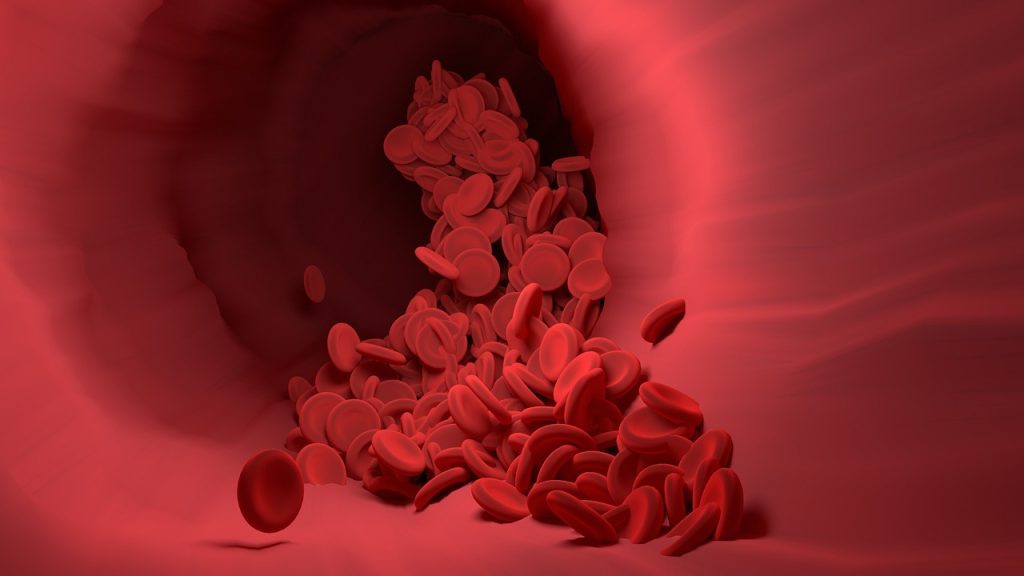
CHOLESTEROL
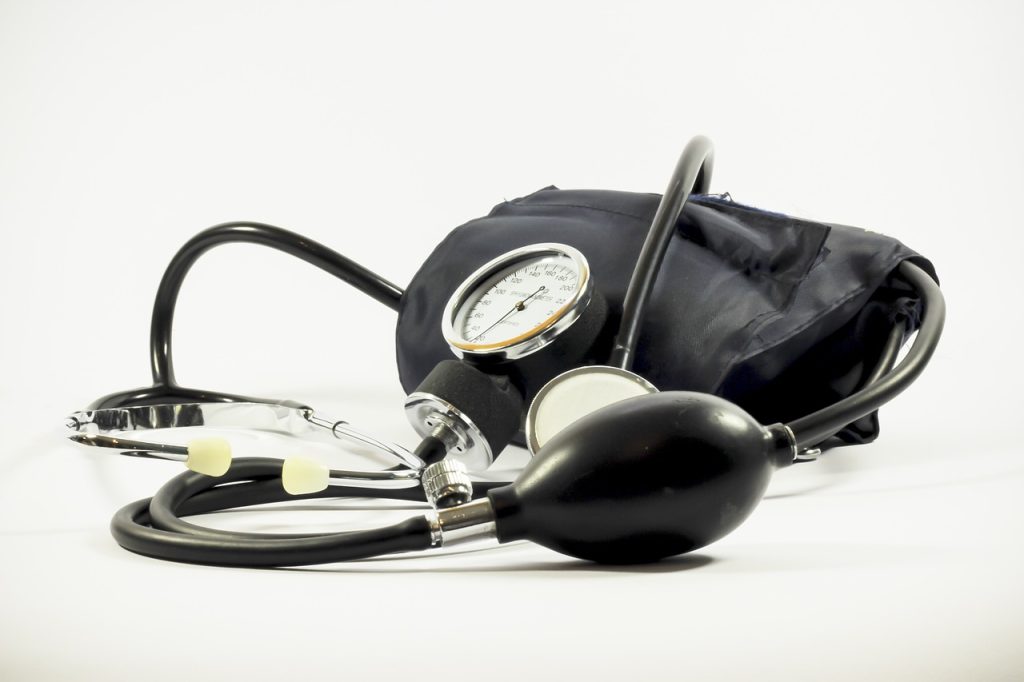
HYPERTENSION
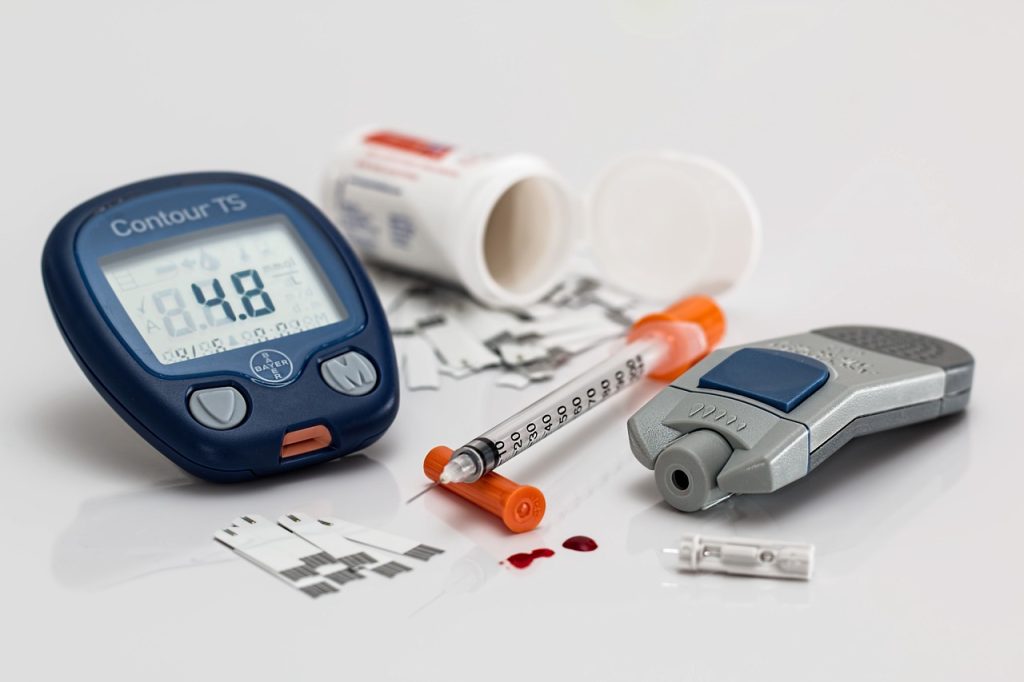
OBESITY & DIABETES

HEART HEALTHY EATING
- Eating lots of foods high in saturated fat and trans fat may contribute to heart disease.
- Eating foods high in fiber and low in saturated fats, trans fat, and cholesterol can help prevent high cholesterol.
- Limiting salt (sodium) in your diet can also lower your blood pressure.
- Limiting sugar in your diet can lower your blood sugar level to prevent or help control diabetes.

EXERCISE & LIFESTLYE
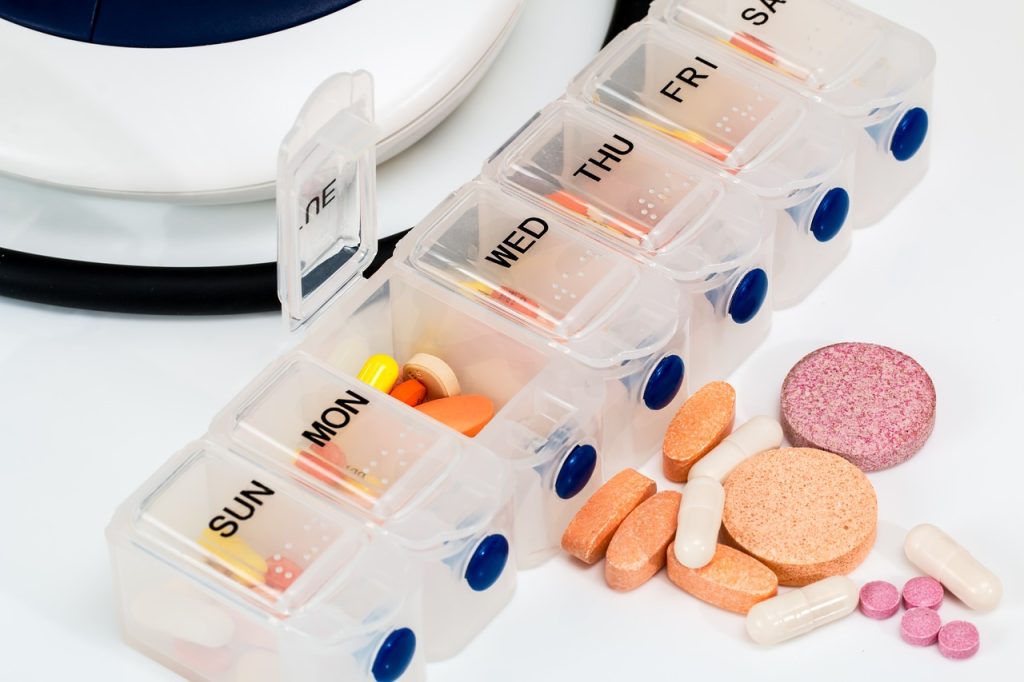
MEDICATION ADHERENCE
Lifesaving services are not reaching the Women Of Color
We care deeply because we’ve witnessed firsthand the devastating consequences of health inequities on women of color and their loved ones. These aren’t just numbers; they represent heart-wrenching stories of hardship, inspiring resilience, and profound transformation that leave an indelible mark on families and communities.
- Undernutrition causes 3 million child deaths yearly
- 80 Million Children at Risk of Missing Vaccines Post-Pandemic
- Yemen War: 85,000 Children Under 5 Dead from Hunger or Disease
- Every 39 Seconds, a Child Dies from Pneumonia

Heart Disease and Stroke in Black Women
Heart disease and stroke is the No. 1 killer in women, and stroke disproportionately affects Black women. Importantly, Black women are less likely than Caucasian women to be aware that heart disease is the leading cause of death.

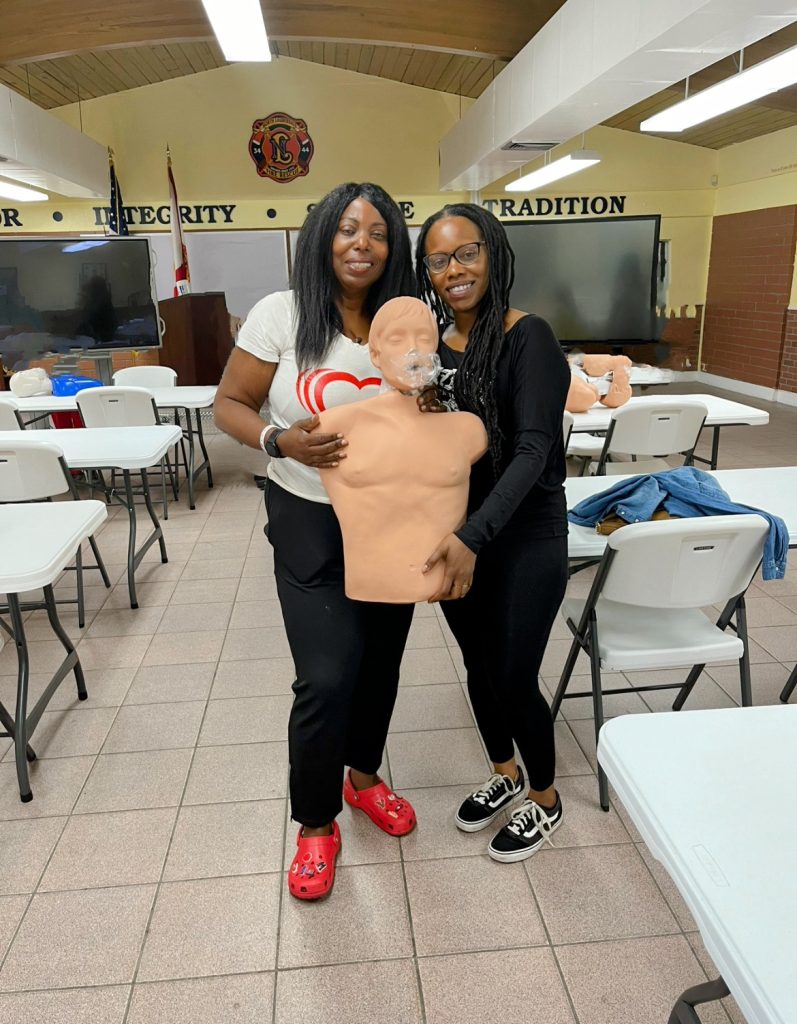
Know Your Numbers
Blood pressure, cholesterol and blood sugar can point to an increased risk of heart disease. If you have elevated levels of these measures, your doctor will want to work with you to lower these numbers to reduce your cardiovascular risk.
Your daily choices can have a big impact on your risk of future heart problems.
Talk with your healthcare team about how to best reduce or manage your risk factors.
Understand Your Risk Factors
How are the donated funfds utilized?
100% to outreach programs and initiatives
How can I become a volunteer or join your team?
Contact us.
Can I donate goods or services instead of money?
Yes contact us.
Our Network
Enriching Women Of Color Lives
Women Of Color
Supporting heart donors and their families includes advocating for organ donation awareness, contributing to registration organizations, providing assistance during the donation process, and sharing stories of their generosity.
